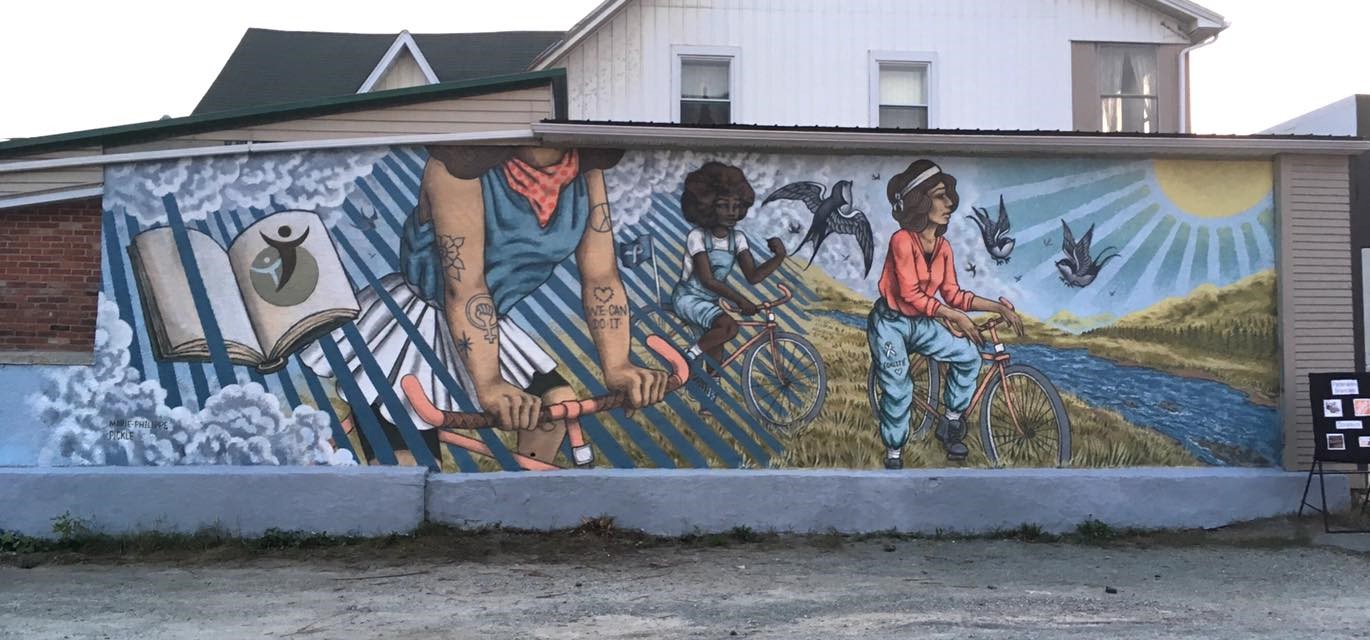The very first sexual assault center for women in Quebec was opened in 1975, in Montreal, following the feminist movement in the 1970’s. In 1977, L’Association Canadienne des Centre Contre le Viol (Canadian association for centers against sexual assaults) started. Then, during the summer of 1978 in the Eastern Townships, Madeleine Lacombe, a woman who teach Wendo (self-defense), created, with the help of other womens, a center for victims of sexual assault. After many conferences, she realised that the police center as well as the hospitals in the area were not sufficiently equiped and adapted to give services to womens who had been sexually assaulted. After 30 years of existence, the CALACS wanted to expand and give services to people outisde Sherbrooke. With the help of the Agence de santé et de services sociaux de l’Estrie (ASSSE) we were able to enlarge our clientele with the 7 different regions in Estrie.
In fact, year after year, the CALACS has been able to make itself known in the community by being present in the media and by creating partneships with the other organizations, as well as in the medical, juridical and academic field.
1975: Opening of the first Center for Sexual Assault in Montreal, the initiative of the Quebec feminist movement of the 1970s. In a short time, six other Centers were created.
1977: The Canadian Association of Centers Against Rape (ACCCV) takes root in Canada.
Summer 1978: In the Eastern Townships, creation of the Centre d’Aide aux Victimes de Violence in Sherbrooke, by Madeleine Lacombe and a few womens from the community, a resource providing a better response to the reality of women victims of sexual assault.
1979: Creation of the Quebec Association of CALACS (RQ CALACS).
February 28, 1979: The Center becomes the Center for help and fight against sexual assault in Sherbrooke (CALACS).
2002: Establishment of three activity sectors in the action (prevention / sensibilization, intervention and management)
2009: 30 years of CALACS
2010: Massive restructuring of the organization
2017: CALACS begins research with victims of sexual exploitation to draw a portrait in the Eastern Township. A census on the knowledge of the population and interveners is also targeted in this project.
*Artist: Sylvie Brunelle. This wall is on the King St., Sherbrooke (Cordonnerie Tremblay).
